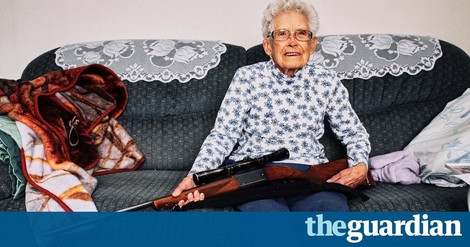Your podcast discovery platform
Curious minds select the most fascinating podcasts from around the world. Discover hand-piqd audio recommendations on your favorite topics.

piqer for: piqd Boom and bust Climate and Environment Global finds Globalization and politics Health and Sanity Technology and society Doing Good Deep Dives
Malia Politzer is the executive editor of piqd.com, and an award-winning long-form journalist based out of Spain. She specializes in reporting on migration, international development, human rights issues and investigative reporting.
Originally from California, she's lived in China, Spain, Mexico and India, and reported from various countries in Africa, Europe and the Middle East. Her primary beats relate to immigration, economics and international development. She has published articles in Huffington Post Highline, The Economist, The Wall Street Journal, Vogue India, Mint, Far Eastern Economic Review, Foreign Policy, Reason Magazine, and the Phoenix New Times. She is also a regular contributor to Devex.
Her Huffington Post Highline series, "The 21st Century Gold Rush" won awards from the National Association of Magazine Editors, Overseas Press Club, and American Society of Newspaper Editors. She's also won multiple awards for feature writing in India and the United States.
Her reporting has been supported by the Pulitzer Center on Crisis Reporting, The Institute For Current World Affairs, and the Global Migration Grant.
Degrees include a BA from Hampshire College and MS from Columbia University Graduate School of Journalism, where was a Stabile Fellow at the Center for Investigative Journalism.
The Town Where Everyone Owns A Gun
In this long read, Guardian reporter Lois Beckett travels to Nucla, Colorado, a town that became famous five years ago after passing an ordinance requiring every household to own a gun.
But the real story of the town is not its residents' penchant for arms, but a deeper struggle that cuts across political identity and social class: While today the residents of Nucla, Colorado are classic, gun-toting conservatives, the town was actually founded by socialists before becoming a mining town.
Uranium — a vital mineral for all nuclear production — became the economic life blood of the town. But Nucla is now fighting for its economic survival: A neighboring town populated by liberal millionaires has been trying to put down the mines for environmental reasons. But what's good for the environment is often not good for local economies, and now the people of Nucla face economic devastation.
At the heart of this conflict is the struggle between two competing cultures and identities: that of working-class people of Nucla, versus their wealthy, elite neighbors. Given the stakes (uranium is highly toxic, both to the environment and the people mining it; yet without the mines, the town of Nucla risks disappearing from the map), it's hard to know who to root for. But it's definitely worth a read.
